
When verses became weapons and poetry became a call to arms
What if the most dangerous weapon against an empire was not a sword or a rifle, but a poem?
During India's struggle for independence, as men and women faced lathis, imprisonment, and persecution, a parallel battle was fought with ink and imagination. Poets became revolutionaries, not only lifting spirits but also planting seeds of defiance that even the British feared. Their verses did not merely rhyme—they roared.
Gupt’s poetry gave ordinary Indians a voice. Choosing Khari Boli over classical dialects, he wrote in the language of the people, turning epics like the Ramayana and Mahabharata into allegories of resistance.
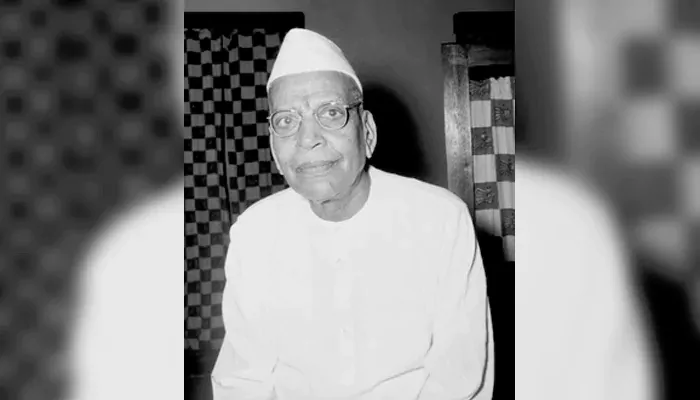
(Credit: TOI)
His Bharat-Bharati resonated so deeply that Gandhi honoured him as Rashtra Kavi. To generations tired of British rule, his words carried the weight of collective sorrow and the promise of liberty.
Known as the “modern Mirabai,” Mahadevi Varma moved from obscurity to prominence, advocating not only for poetry but also for women’s education and emancipation.
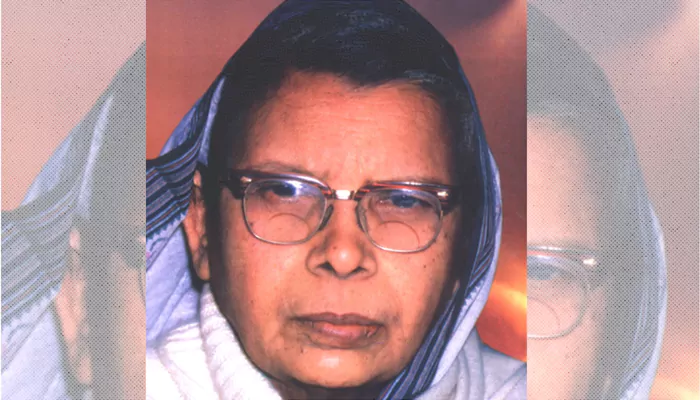
(Credit: The Print )
Her Yama explored themes of suffering and resilience, while her memoir, Mere Baachpan Ke Din, shed light on the struggles of girlhood in a conservative society. As an educator and activist, she demonstrated that poetry was not a retreat but a form of resistance, transforming her inner fire into a guiding light for India’s women.
Fluent in fourteen languages and fearless in spirit, Bharati redefined Tamil poetry. His Panchali Sapatham depicted colonial India as the disrobed Draupadi, demanding righteous fury from her sons.
Admiring Sikh valour, he donned a turban as a symbol of defiance. Driven into exile in Pondicherry, he refused to be silenced. Bharati’s blend of lyricism and radicalism made him not just a poet but a revolutionary icon of modern Tamil identity.
Born into poverty in Bihar, Dinkar's pen burned with indignation against oppression. His Rashmirathi, centred on Karna, gave myth a modern voice for India's downtrodden.
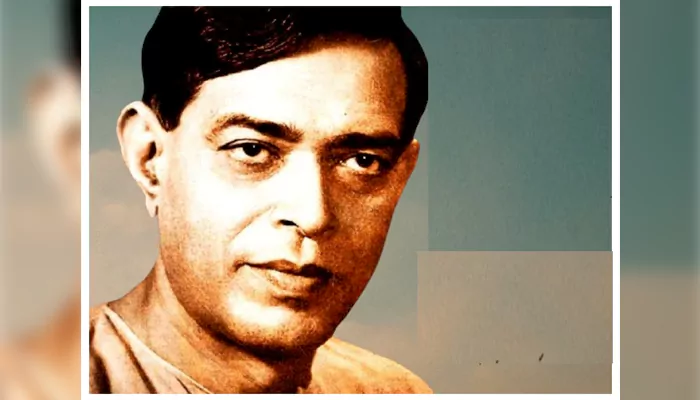
(Credit: Zee News)
With Sanskrit ke Chaar Adhyay, he argued that India's true strength lay in its pluralistic values—secularism, unity, and cultural depth. Awarded the Sahitya Akademi and the Padma Bhushan, Dinkar's verse was both a sword and a shield, urging the youth to rise in thought and action.
Tagore's brilliance lay in uniting the spiritual with the political. While others rallied under fervent nationalism, he saw freedom as something deeper—liberation of the mind and spirit. His Gitanjali, honoured with the Nobel Prize, provided India with a global literary voice.
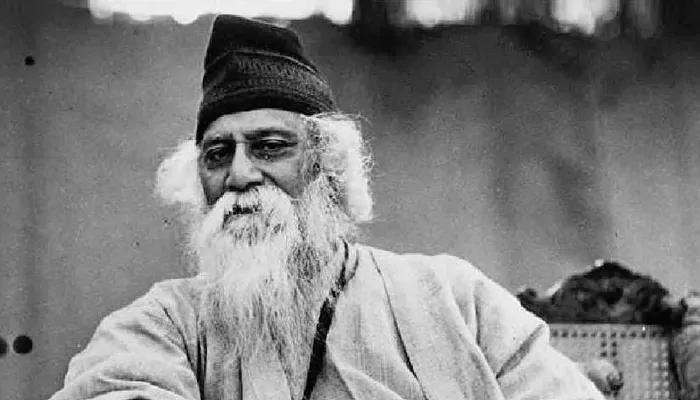
His poem Where the Mind Is Without Fear remains a timeless prayer for dignity and reason. Although critical of militant nationalism, he gifted India its national anthem, Jana Gana Mana, and Bangladesh its national anthem, Amar Shonar Bangla. Tagore's legacy is that of a poet-humanist who believed India's destiny was connected not to narrow nationalism but to universal brotherhood.
Her poetry—The Golden Threshold, The Bird of Time—was lyrical, but her role as a freedom fighter was steely. A leading voice in the Civil Disobedience Movement, Naidu balanced art and politics with grace.
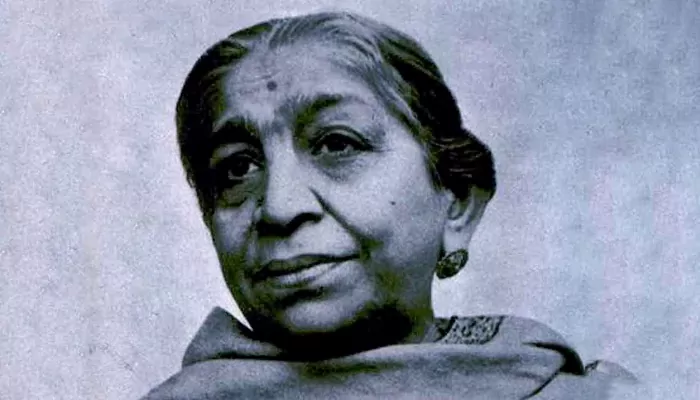
As the first woman to preside over the Indian National Congress and later a governor, she demonstrated that poetry could walk hand in hand with leadership and courage.
Before becoming a spiritual reformer, Aurobindo was a passionate nationalist. His early writings and speeches motivated radical movements against the Raj.
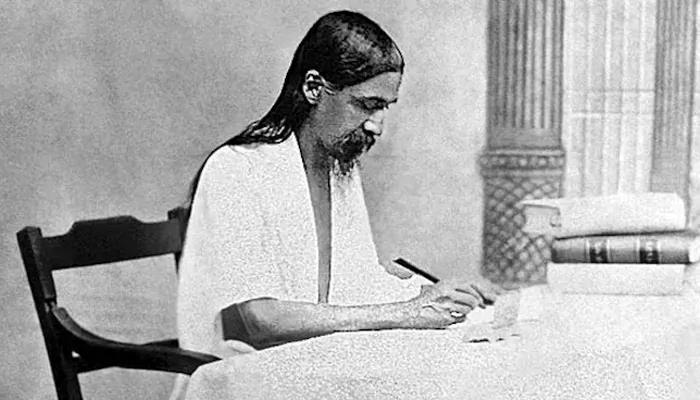
(Credit: India Today )
Later, through works such as The Life Divine and the epic Savitri, he sought to unite politics with spirituality, asserting that true freedom was both national and internal. His journey demonstrated that liberation was as much about self-realisation as it was about independence.